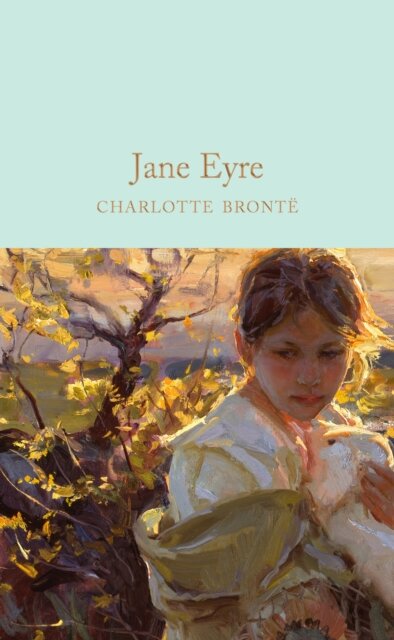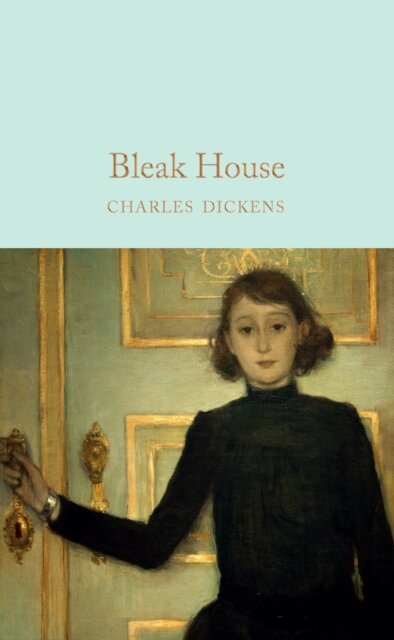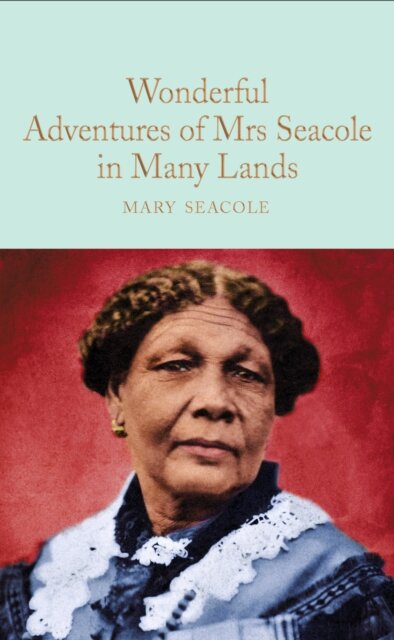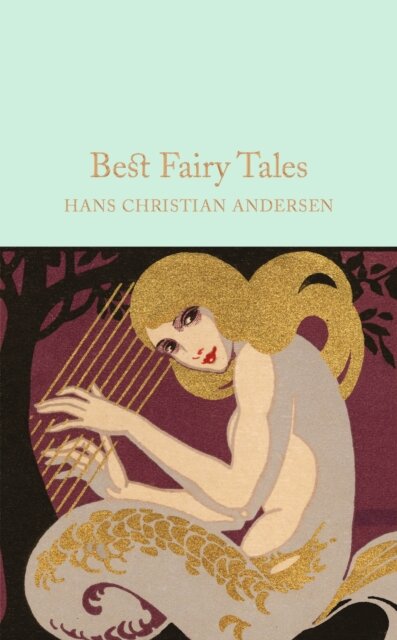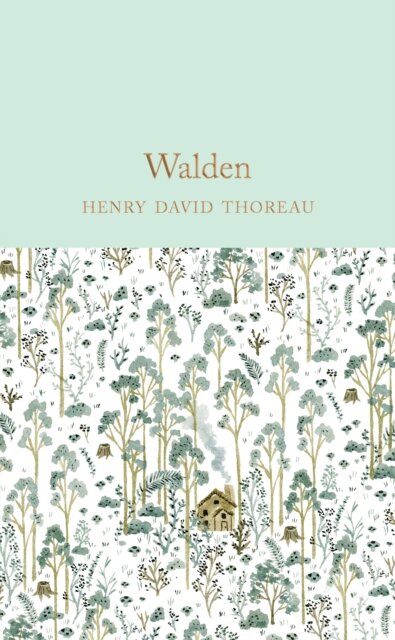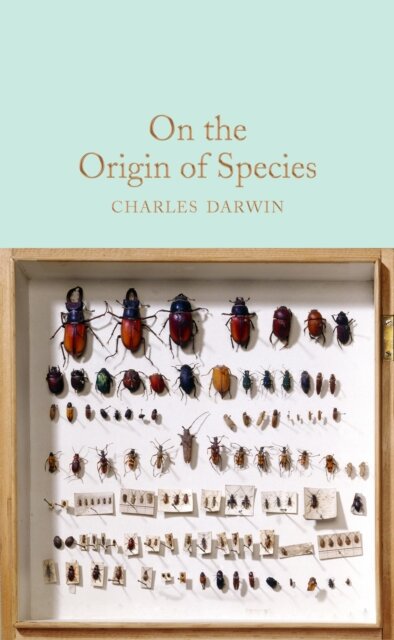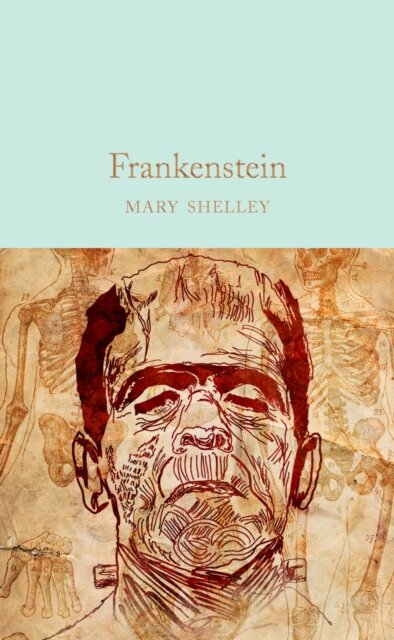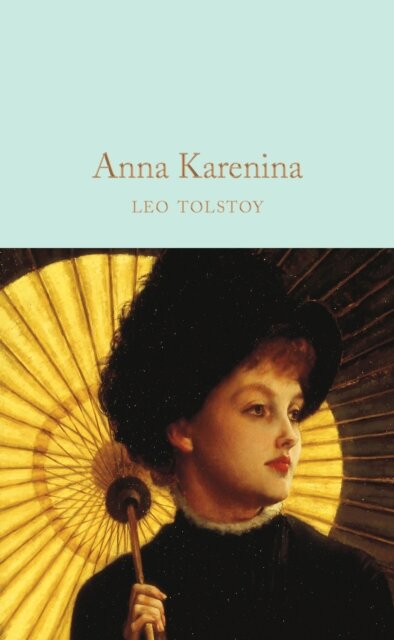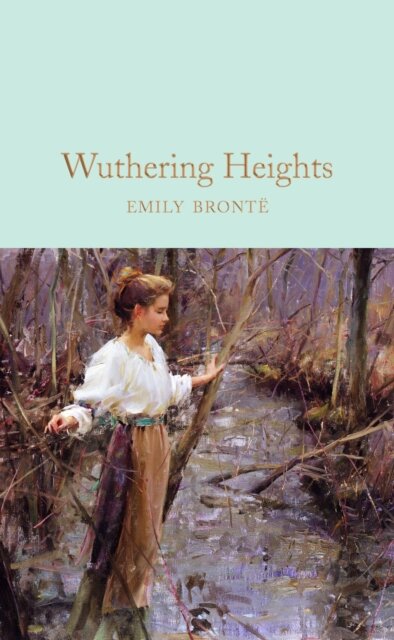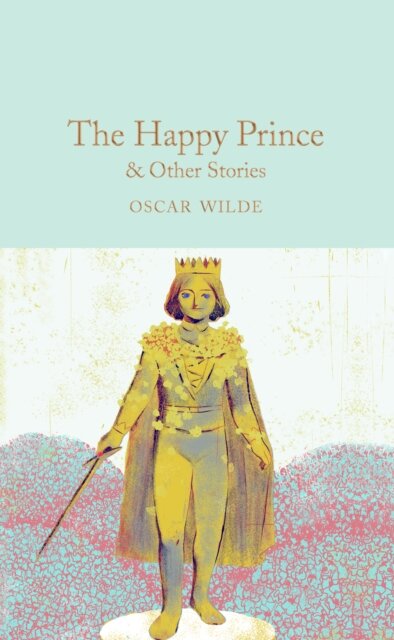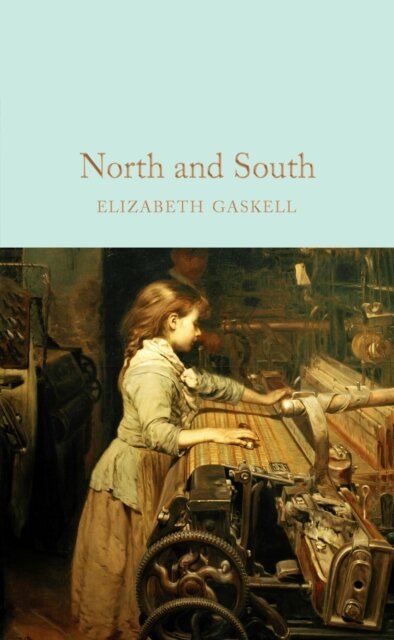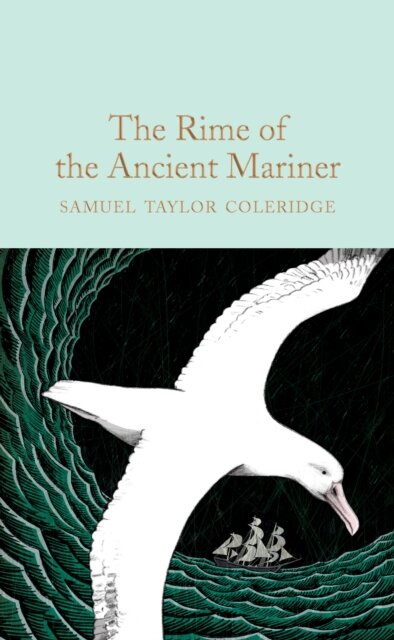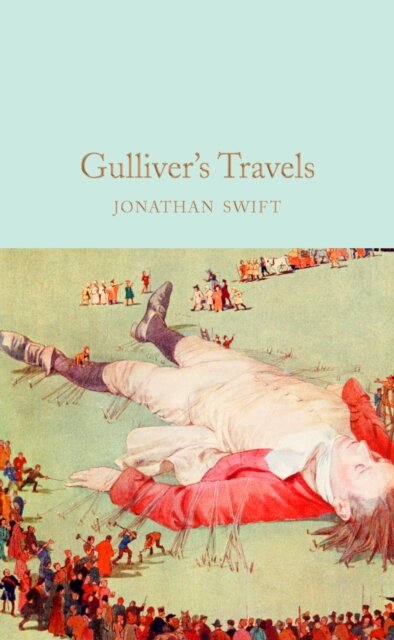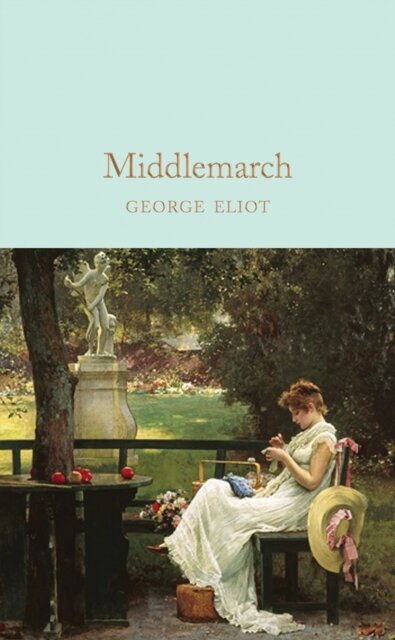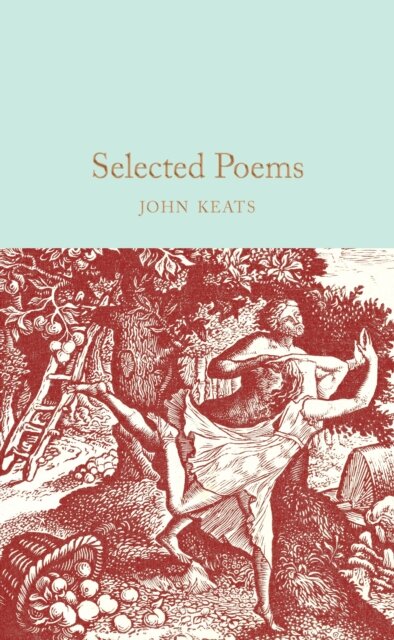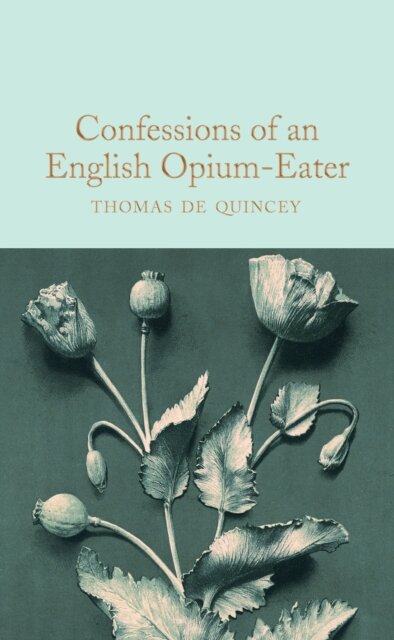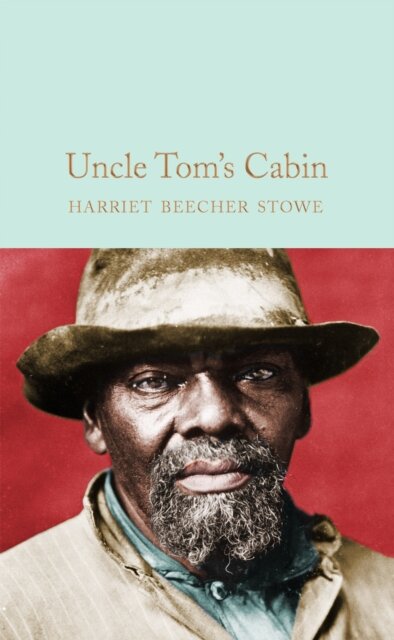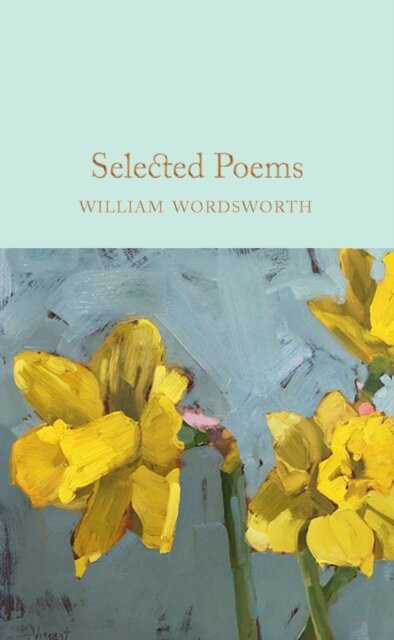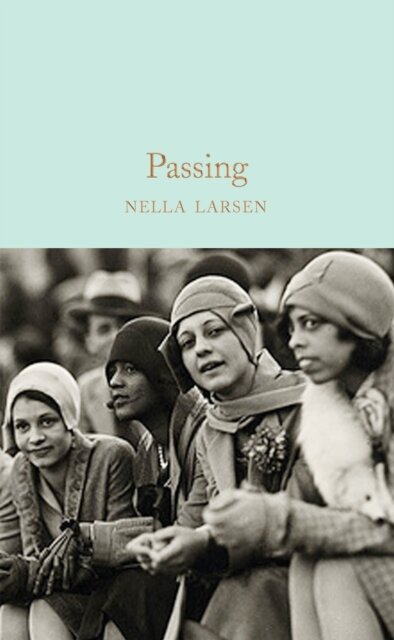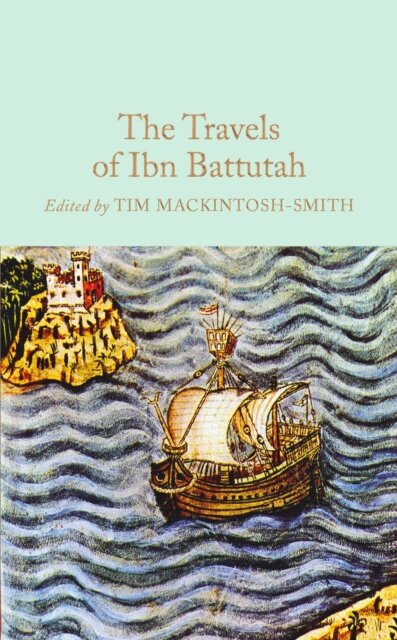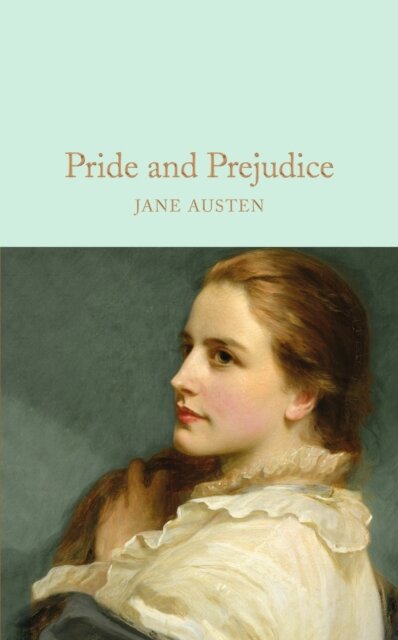You can now order any books to buy from The Portico Library, and all for less than RRP*!
Just type in your shopping list below and we’ll email you your total price and discount for approval.
*Recommended Retail Price
The Portico Library is a not-for-profit registered charity and all proceeds support its preservation and free public programmes. You can order any published books and make secure payments either online or by phone on 0161 236 6785. If any book you request is out-of-print and unavailable through the publisher and distributors we will let you know before processing the rest of your order.
Need some ideas? Browse a selection of new fiction and non-fiction books and beautiful prints from the collection below.
More
The Macmillan Collector’s Library
Almost 200 beautifully bound and conveniently sized classics including many whose early editions feature in The Portico Library’s historic collection.
The best books of 2020 so far, The Independent
‘Big Sky’ by Kate Atkinson, published by Doubleday: £20,
Jackson Brodie’s back. Fans have been counting the days to read the fifth instalment in Kate Atkinson’s literary crime series about the tough ex-soldier turned private investigator, and Big Sky is well worth the wait. This time round Brodie has moved to a quiet seaside village in the northeast, occasionally joined by his tricky teenage son and his ex-partner’s ageing labrador. But once again he gets drawn into a sinister investigation and old secrets come to the fore. Superbly written and utterly readable, this novel is a delight from start to finish.
‘Sweet Sorrow’ by David Nicholls, published by Hodder & Stoughton: £20,
Sweet Sorrow is another of this summer’s most eagerly awaited novels. David Nicholls, who recently won a Bafta for his TV adaptation of the Patrick Melrose novels, made his name with One Day and excels at writing tender, funny books about love and friendship. This coming-of-age novel tells the story of 16-year-old Charlie Lewis and his love affair with a girl he meets when he reluctantly gets involved in a production of Romeo and Juliet. It’s poignant and insightful but the most affecting scenes focus on Charlie’s relationship with his dad, whose life has imploded in a disastrous way.
‘Machines Like Me’ by Ian McEwan, published by Jonathan Cape: £12.17,
From the case of a young boy who refuses medical treatment on religious grounds (The Children Act) to the angst of a young couple honeymooning on the Dorset coast (On Chesil Beach), Ian McEwan’s choice of subjects is never predictable. Machines Like Me, his 15th novel, is set in an alternative 1980s London.
‘Normal People’ by Sally Rooney, published by Faber & Faber: £8.99,
Sally Rooney’s Normal People has won a host of awards, including both the top prize and fiction book of the year at this year’s British Book Awards, the Costa novel award and Waterstones Book of the Year. The 28-year-old Irish novelist has been described as “a millennial writer with millennial concerns” but readers of all ages will enjoy her story of two college friends who try to stay apart but find they can’t. We can’t wait to see what she does next.
‘The Silent Patient’ by Alex Michaelides, published by Orion: £12.99,
Alex Michaelides was inspired to write his debut novel while he was doing a postgraduate course in psychotherapy and working part-time at a secure psychiatric unit. It’s the tale of Alicia Berenson, a painter who lives with her fashion photographer husband Gabriel on the edge of Hampstead Heath. But when Gabriel returns late one night from a fashion shoot Alicia shoots him dead. Psychotherapist Theo Faber is fascinated by the fact that Alicia has never spoken since the shooting and five years on is determined to discover exactly what happened. A smart, sophisticated psychological thriller.
‘Those People’ by Louise Candlish, published by Simon & Schuster: £10.99,
Louise Candlish won the crime and thriller book of the year for Our House and her latest novel is equally gripping. Lowland Way in south London is a suburban paradise, with friendly neighbours, convivial chat and children playing in the street. Everything seems perfect till Darren and Jodie move in and cause havoc and upset with their loud music, multiple cars and disruptive building work. A clever, pacey novel that will keep you guessing right until the end.
‘The Sleepwalker’ by Joseph Knox, published by Doubleday: £9.35,
Former bookseller Joseph Knox is an exciting new name in crime fiction. The Sleepwalker is the third of his series about Aidan Watts, a flawed Manchester detective with a complex family background. As the novel opens, Waits is on duty in an abandoned hospital ward, sitting with a dying murderer and hoping he’ll reveal the location of his final victim before he dies. Dark, gritty and compelling, this will have you turning the pages until the early hours of the morning.
‘No Way Out’ by Cara Hunter, published by Penguin: £6.32,
From Brideshead Revisited to the Inspector Morse books, Oxford is the setting for some remarkable novels. Cara Hunter is the latest novelist to set her books in the city – to striking effect. No Way Out is her third novel about detective inspector Adam Fawley and it’s a cracking read. It’s the Christmas holidays and two children have just been pulled from the wreckage of their home in upmarket north Oxford. The toddler is dead and his elder brother is fighting for his life – but why were they left alone? Switch off your phone and settle down on the sofa. You won’t be able to put this book down until you’ve found out what happened – and who’s responsible.
‘The Garden of Lost and Found’ by Harriet Evans, published by Headline: £16.99,
In 1919 Liddy Horner discovers her celebrated artist husband, Ned, burning his best-known painting. Known as The Garden of Lost and Found, the picture depicts his two children on an idyllic day, playing in the garden of Nightingale House, the family’s Cotswolds home. Almost a century later, the couple’s granddaughter Juliet is sent the key to Nightingale House out of the blue and starts to unravel the tragic secrets of the past. Harriet Evans’s 11th novel is a spellbinding story, brimming with flowers and paintings, loss and courage.
‘After the End’ by Clare Mackintosh, published by Sphere: £9.33,
Ex-police officer Clare Mackintosh has won legions of fans for her clever crime novels, I Let You Go, I See You and Let Me Lie. Her new book, After the End, is a radical departure, but just as powerful. Max and Pip are devoted to each other but when their young son Dylan is diagnosed with a brain tumour they face an impossible choice – and they can’t agree. This moving and thought-provoking theme is one that’s close to Mackintosh’s heart. As she explains in a note at the end of the book, in 2006 she and her husband had to decide whether to keep their critically ill son alive or remove his life support.
‘The Flatshare’ by Beth O’Leary, published by Quercus: £7.99,
Beth O’Leary’s first novel is feel-good fiction at its best. The two protagonists, Tiffy Moore and Leon Twomey, are immensely likeable and the comic situation they find themselves in is entirely believable. Tiffy works in publishing and needs a cheap flat while palliative nurse Leon works nights and needs extra cash. The pair agree to share a one-bed flat, with Tiffy sleeping there at nights and weekends and Leon using it by day. It sounds simple, but with Tiffy’s horrible ex-boyfriend, demanding clients at work, Leon’s wrongly imprisoned brother and the fact that they still haven’t met, the situation gets more complicated by the day.
‘Queenie’ by Candice Carty-Williams, published by Orion: £10.99,
Candice Carty-Williams wrote her debut novel after bestselling author Jojo Moyes offered her the use of her rural cottage to finish the book, choosing her from more than 600 applicants. Queenie Jenkins is a young black woman who’s just broken up with her long-term boyfriend, Tom. Her boss at the newspaper where she works doesn’t appreciate her and her family never listens (they’re not interested unless the conversation is about Jesus or water rates). A fresh, funny and at times painful read.
‘The Doll Factory’ by Elizabeth Macneal, published by Picador: £9.99,
It’s astonishing to discover that this accomplished book is Elizabeth Macneal’s debut novel. Macneal is a writer and potter and worked in the City for several years before completing a creative writing MA at the University of East Anglia. Set amid the squalor and chaos of Victorian London, The Doll Factory is the tale of aspiring artist Iris, who becomes a model for Pre-Raphaelite artist Louis Frost on the condition that he teaches her to paint. But she’s also been noticed by Silas Reed, a sinister collector who is obsessed by strange and beautiful things. An atmospheric book that will stay with you long after you’ve finished reading.
‘City of Girls’ by Elizabeth Gilbert, published by Bloomsbury: £14.99,
Elizabeth Gilbert is best-known for Eat Pray Love, the 2006 memoir that chronicled her journey across Italy, India and Indonesia. In City of Girls, her third novel, she turns her attention to 1940s New York and a rundown, midtown theatre called The Lily. Nineteen-year-old Vivian Morris has dropped out of her sophomore year at Vassar and her despairing parents send her to stay with her unconventional Aunt Peg, who owns The Lily. Once there, Vivian makes firm friends with the showgirls, throws herself into their hedonistic lifestyle and learns some tough lessons. Glamorous and vivid, with fascinating historical detail.
‘Circe’ by Madeline Miller, published by Bloomsbury: £5.59,
Madeline Miller won the Orange prize in 2012 for her first novel, A Song for Achilles and earlier this year Circe, her long-awaited second novel, was one of the six shortlisted contenders for the Women’s Prize for Fiction (previously the Orange prize). Miller takes the legendary story of Circe, who appeared in ancient Greek texts like Homer’s The Odyssey, and brings it alive for a 21st century audience. A captivating book that races along with verve and panache.
-
The best books of 2020 so far, The Guardian
The Mirror and the Light by Hilary Mantel
Fans waited eight years for the final instalment in her Thomas Cromwell trilogy and Mantel delivered, leading King Henry VIII’s chief minister from the heart of power in Tudor England to the executioner’s block in a propulsive, and at times dizzying, end.
What we said: Not since Bleak House has the present tense performed such magic … this is a masterpiece that will keep yielding its riches, changing as its readers change, going forward with us into the future.
Little Eyes by Samanta Schweblin, translated by Megan McDowell
In this ingenious novel, the Argentinian author conducts an unnerving thought experiment: if an individual could be virtually inserted into the life of a random stranger, anywhere in the world, what effects would it have on them both? And what hidden truths would be revealed?
What we said: Little Eyes has much to say about connection and empathy in a globalised world. On a personal level, its investigation into solitude and online experience becomes only more poignant in a global lockdown.
Weather by Jenny Offill
In this darkly funny and often terrifying fragmentary novella, a woman begins working as an assistant to an environmental podcaster, and starts to unravel as the psychological burden of the climate crisis and political anxiety takes its toll.
What we said: Reading Weather made me grind my teeth at night, just like its narrator – but it is certainly a brilliant exemplar for the autofictional method. Offill pulls us in close in order to make us worry about things outside us; mirrors the self to show us what we are selfishly ignoring.
Kim Jiyoung, Born 1982 by Cho Nam-joo, translated by Jamie Chang
Named for the Korean equivalent of Jane Doe, this novel about a woman who plays by patriarchal rules but can never win, was a huge bestseller in South Korea, where it has become a touchstone for conversation around feminism and gender and a lightning rod for anti-feminists who view the book as inciting misandry.
What we said: The character of Kim Jiyoung can be seen as a sort of sacrifice: a protagonist who is broken in order to open up a channel for collective rage.
Hamnet by Maggie O’Farrell
Named after Shakespeare’s son, who died at the age of 11 in 1596, the beating heart of this novel is the boy’s mother, whom O’Farrell renames Agnes. Underneath the historical detail of everyday life in the household of a very famous man, this is a book about grief and the means by which people find their way through it.
What we said: Hamnet is evidence that there are always new stories to tell, even about the most well-known historical figures.
Rainbow Milk by Paul Mendez
This original, sharp debut novel explores what it means to be a young ambitious black man in Britain through two stories: ex-boxer Norman, who arrives in the Black Country from Jamaica in the 1950s, and former Jehovah’s Witness Jesse, who falls into sex work and loveless hook-ups in modern-day London.
What we said: A novel of huge power and emotional impact, written in language that is sharp, distinctive and often beautiful. 2020 has been a year of superb debuts and Rainbow Milk is among the best.
Exciting Times by Naoise Dolan
Girl meets boy. Girl meets girl. Girl doesn’t tell boy or girl about each other. This deadpan debut following an Irish twentysomething in Hong Kong is about so much more than millennial dating – it is a pithy, caustic take on how external forces such as homophobia, class and economic insecurity can damage individual lives.
What we said: Exciting Times is a fun, snappy read – ordinarily, I’d say its short chapters could be torn through on your commute, but it’ll brighten lockdown too.
A Thousand Moons by Sebastian Barry
Following Barry’s Costa-winning Days Without End, this surprise sequel follows Winona – the adopted Native American daughter of cross-dressing soldiers Thomas McNulty and John Cole – as she seeks revenge for a sexual assault, donning men’s clothing to move undetected in their world.
What we said: The idea of a middle-class white male writing in the voice of a cross-dressing teenage lesbian Native American might feel out of step with its times, but prose this good is a kind of enchantment, transcending the constructs that are supposed to define us to speak in a voice that is truly universal.
The Bass Rock by Evie Wyld
A tiny uninhabited Scottish island, the Bass Rock looms in the lives of three women who are affected by male violence in very different ways: Viviane, who is sorting through the family home before it is sold; Ruth, who moves into the house with her widowed husband and his children after the second world war; and Sarah, a teenager fleeing for her life in the 1700s after she is accused of being a witch.
What we said: Wyld is a genius of contrasting voices and revealed connections, while her foreshadowings are so subtle that the book demands – and eminently repays – a second read.
Two Blankets, Three Sheets by Rodaan Al Galidi, translated by Jonathan Reeder
A funny, maddening, sometimes absurd reckoning with the pettiness of the Dutch immigration system as seen by Samir, an Iraqi refugee who is stuck in an asylum centre for nine years. A bestseller in the Netherlands, the novel is openly autobiographical while the Dutch stand in for all entitled westerners and bureaucrats.
What we said: This vital, eye-opening work is essential to our collective education, as a history, as a call to action, bringing one person’s suffering vividly to life in the imagination of strangers.
Nonfiction
Warhol: A Life As Art by Blake Gopnik
This splendid biography of Andy Warhol claims him as the most influential artist of the 20th century and isn’t shy of exposing his private life – balancing fantastic anecdotes with meticulous research based on Warhol’s huge archive of diaries, love notes and tax returns.
What we said: Gopnik persuasively assembles his case that Warhol has … “overtaken Picasso as the most important and influential artist of the 20th century” … over the course of this mesmerising book, which is as much art history and philosophy as it is biography.
Putin’s People by Catherine Belton
A fearless, fascinating account of the emergence of Vladimir Putin’s regime from the ashes of the Soviet Union. Journalist Belton lays out how a coterie of former KGB officers used state institutions to carve up the country and interviews Kremlin insiders, intelligence officers, mobsters and oligarchs for an end result that sometimes reads like a John le Carré novel.
What we said: A groundbreaking and meticulously researched anatomy of the Putin regime, Belton’s book shines a light on the pernicious threats Russian money and influence now pose to the west.
Difficult Women by Helen Lewis
A history of the victories secured by 19th and 20th-century feminists that many of us take for granted, including the right to divorce, vote, study, work, enjoy consensual sex and compete in team sports. The women who made these things happen often used unorthodox, underhand, illegal and sometimes violent tactics. Few were thanked or rewarded for their efforts; many were punished.
What we said: Lewis isn’t trying to repackage her subjects as heroines or rebels or badass babes. Her point is that pioneering or high-achieving women are multidimensional and are apt to be a pain in the arse.
One Two Three Four by Craig Brown
Marking 50 years since the Beatles announced their split, this is not so much a biography as a group portrait in 150 vignettes. Satirist Brown documents the rise and fall of the band, and measures their legacy while exploring the fan industry that has agglomerated around them.
What we said: Even if some of the best stretches of the book fall short of being revelatory, they are often so well told that they acquire a new freshness.
Notes from an Apocalypse: A Personal Journey to the End of the World and Back by Mark O’Connell
In this engaging and well-timed book, O’Connell considers how the world might end, spending time with “preppers” purchasing bunkers in South Dakota and disciples of Elon Musk who believe that our best hope of survival is to colonise Mars, all the while documenting his growing hope for humanity.
What we said: O’Connell has a gift for channelling the “sense of looming crisis” that characterises our times, but is able to step outside it, to bring it into focus.
The Ratline: Love, Lies and Justice on the Trail of a Nazi Fugitive by Philippe Sands
Otto von Wächter was a Nazi war criminal who mysteriously died in Rome while waiting to be trafficked to Argentina along “the ratline”, a shadowy pathway used by Nazis to get out of Europe. Tasked with discovering the truth by Von Wächter’s son, this mesmerising biography explores the life of a devoted husband and father who had blood, including that of Sands’s own family members, on his hands.
What we said: In Sands we have an incomparable guide who finds a kind of redemption on every road of the human experience, though never at the expense of responsibility or truth. The outcome is a feat of exhilarating storytelling – gripping, gratifying and morally robust.
Capital and Ideology by Thomas Piketty, translated by Arthur Goldhammer
The celebrated – and feared – French economist is back with an ambitious and optimistic work of social science, which argues that as societies distribute income, wealth and education more widely, they become more prosperous – laying out how regressive ideologies, class, race, gender inequalities and huge wealth disparity are stopping our economic progress.
What we said: Capital and Ideology is an astonishing experiment that defies easy comparison … it is occasionally naive (it will bug the hell out of historians and anthropologists) but in a provocative fashion, as if to say: if inequality isn’t justified, why not change it?
House of Glass by Hadley Freeman
An engaging and highly relevant family memoir by the Guardian journalist, uncovering the true story of her grandmother Sala Glahs and her three older brothers, and the very different lives they led in the aftermath of the Holocaust.
What we said: Freeman’s captivating family memoir inscribes itself in the pantheon of family stories that connect the grandchild to the generation of the grandparents.
A History of Solitude by David Vincent
This new study of why we all sometimes seek to be alone and the differences between beneficial “self-communion” and loneliness, ranges from the poetry of John Clare to the modern phenomenon of “self-partnering”.
What we said: A History of Solitude calls for a “quiet history of British society”, or “a history of doing nothing at all”… a remarkably versatile study.
Dear Life by Rachel Clarke
A doctor specialising in palliative medicine, Clarke spends her days working in a hospice where people come when all hope of a cure has gone. In her heart-wrenchingly tender and candid account of being alongside people at their ends, she shines a light on the world of the dying and what it teaches us about being alive.
What we said: Clarke is unerringly good at telling stories and Dear Life is full of them, opening with her father’s diagnosis of cancer and closing with his beautifully managed ending, at home with his family around him.
Viper’s Daughter by Michelle Paver
Returning to the world of her classic Chronicles of Ancient Darkness series after a decade, Paver sets her Stone Age heroes Torak and Wolf on a quest to find their former companion Renn in the icy, forbidding north – a place full of deceit and dangers, not least woolly mammoths.
What we said: Meticulously researched, atmospheric and relentless, this instalment deservedly introduces Paver to a new generation of readers.
Monstrous Devices by Damien Love
After sending 12-year-old Alex a small tin robot in the post, his mysterious and dapper grandfather whisks him away on a breakneck chase through Europe to discover its terrifying secret, as assassins – both human and machine – hunt them down.
What we said: A superbly assured debut … an effortless, atmospheric evocation of place and history combine in an unforgettable, immersive reading experience.
The Strangeworlds Travel Agency by LD Lapinski
When Flick walks into a dilapidated travel agency and befriends Jonathan, its teenage proprietor, she makes the intoxicating discovery that the suitcases lining its walls are gateways to other worlds. But energy is draining from Five Lights, the world at the centre of everything – can Flick somehow save it from collapse?
What we said: Assured, witty, riotously inventive, this debut has “future classic” written through it like Brighton rock.
The Highland Falcon Thief by MG Leonard and Sam Sedgman, illustrated by Elisa Paganelli
The first in a new series by Beetle Boy superstar Leonard and Sedgman, this novel follows Harrison Beck, who reluctantly joins his uncle on the last journey of royal train the Highland Falcon – but a stolen brooch, a stowaway, a cabin full of samoyeds and a race against time make for unexpected fun.
What we said: A pacy and intensely satisfying mystery, boasting a sparkling golden-age crime fiction sensibility despite its contemporary setting.
Burn by Patrick Ness
In 1950s America, the cold war is raging and an uneasy human/dragon truce has been in place for hundreds of years. When her farmer father hires a dragon to clear some fields by burning them, teenage heroine Sarah comes to befriend the creature – and sets in motion a prophecy.
What we said: Ness is on tip-top form here, deftly propelling a complex plot.
Wilder Girls by Rory Power
On the island of Raxter, the Tox – a deadly virus that causes mutations and savagery – has kept the girls of Raxter school quarantined for 18 months. As the outside world forgets them, the survivors forge fierce bonds; when her best friend disappears, Hetty will break all the island’s rules to find her.
What we said: Body horror meets boarding school in a moving, terrifying thriller.
Run, Rebel by Manjeet Mann
In a tightly crafted series of punchy, often heartbreaking narrative poems, we meet Amber Rai, an ambitious runner who must challenge her abusive father’s expectations in order to keep her freedom and avoid an arranged marriage.
What we said: Mann’s brilliant, coruscating verse novel lays out the anatomy of Amber’s revolution, and the tentative first flowerings of hope and change.
Good Girl, Bad Blood by Holly Jackson
Pip Fitz-Amobi, schoolgirl star of Jackson’s bestselling debut, A Good Girl’s Guide to Murder, is back, now running a hugely popular podcast. She is determined not to be a detective any more – but then her friend Connor’s brother goes missing.
What we said: As nail-biting, taut and pacy as her first book, Pip’s second outing confirms Jackson as a homegrown thriller writer to watch.
Tongues of Fire by Seán Hewitt
An inspirational, uplifting and assured debut, reflecting on nature and mortality.
What we said: It is extraordinary to encounter a debut collection that feels as established as Seán Hewitt’s – and not in a willed or derivative way.
How to Wash a Heart by Bhanu Kapil
This brilliant and subtle collection sees a migrant talk to her white, middle-class liberal host, a stand-in for the nation state that consigns immigrants to the role of constant guest.
What we said: In this series of precise, destabilising poems, Kapil skilfully amplifies the pressured immigrant heart, showing how precarious it is to exist in colour in a white space.
Zonal by Don Paterson
Inspired by The Twilight Zone, this latest collection by the prize-winning poet is a witty, wily hall of mirrors, by turns funny and unsettling.
What we said: I love the collection’s minutely wrought originality and the way that even dismaying subjects – loneliness, insecurity, botched relationships – have hilarious side-effects. The book made me laugh aloud.
Rendang by Will Harris
A sharp and assured debut that meditates on the multiplicity of identity, spanning London to Jakarta with formal expansiveness, encompassing accomplished prose-poems, concrete poetry and lyric sequences.
What we said: Harris suffuses the everyday with a mythic dignity.
Homie by Danez Smith
A deeply personal collection from the youngest winner of the Forward prize and author of viral sensation “dear white America”, and provocative and moving meditation on friendship, sex and blackness.
Arias by Sharon Olds
This exploration of intimacy and estrangement is the American poet’s most moving yet, showing her trademark compassion for all her subjects – from her mother to murdered black teenager Trayvon Martin.
What we said: Olds writes to find out what she thinks. She is ingenuous and wise and there is no way of knowing where she is going before she gets there.
Killing Kanoko/Wild Grass on the Riverbank by Itō Hiromi, translated by Jeffrey Angles
A new dual edition of Itō’s most lauded collections that intertwines the sensual and the grotesque in poems about postpartum depression, sexuality, infanticide and the isolation engendered through migration.
Wing by Matthew Francis
This shimmering collection dissects the natural world with a wondering, meticulous eye, by a gentle and quiet poet who occasionally recalls Dylan Thomas.
What we said: Francis’s gifts are quiet but his name deserves to be broadcast loudly … we need poetry of this quality more than ever.
Rodham by Curtis Sittenfeld, read by Carrington MacDuffie
With the print edition pushed back to August by the pandemic, you can get a head start on this alternative history, imagining what Hillary Clinton would have done with her life if she had never married Bill.
The Sea, the Sea by Iris Murdoch, read by Richard E Grant
Grant delivers this new recording, released to mark the author’s centenary, with the expected pomposity and aplomb, making the narrator Charles Arrowby, a retired actor and theatre director and dreadful bully, even more delicious and terrible.
The Shapeless Unease by Samantha Harvey, read by the author
The novelist’s examination of her year-long struggle with insomnia is poetic and inventive. Her hushed reading adds to the atmosphere.
Ramble Book by Adam Buxton, read by the author
The much-loved comedian and podcaster has written his memoirs, which are naturally best enjoyed in audio form. Warm, rambling and self-aware – and yes, it has jingles.
Unorthodox: The Scandalous Rejection of My Hasidic Roots by Deborah Feldman, read by Rachel Botchan and Cassandra Campbell
If you liked the Netflix dramatisation, this new recording of Feldman’s 2012 memoir about leaving behind her ultra-religious Jewish community in New York is as compelling as a true crime podcast.
Actress by Anne Enright, read by the author
The Irish author’s performance of her novel, about a daughter unpicking her famous mother’s life, brings out all the mischievous empathy of her writing.
Ducks, Newburyport by Lucy Ellmann, read by Stephanie Ellyne
This stream of consciousness inside the mind of an American woman made headlines for its huge length, but it is perfect for an audiobook and Ellyne’s wry warmth lasts the whole 45 hours.
Our Bodies, Their Battlefield: What War Does to Women by Christina Lamb, read by Antonia Beamish
Hard, but extremely worthwhile listening about how rape has been used as a weapon of war. Lamb’s emotive reading of her own introduction sits alongside Beamish’s clear and sharp voice.
MBS: The Rise to Power of Mohammed bin Salman by Ben Hubbard, read by Robert Petkoff
If you struggle to keep track of details like dates, figures or members of the Saudi royal family in nonfiction works, audiobooks can help – and this study of the kingdom’s crown prince is full of chilling detail.
The Future We Choose: Surviving the Climate Crisis by Christiana Figueres and Tom Rivett-Carnac, read by the authors
A passionate and optimistic call to arms from the former UN executive secretary for climate change and her chief advisor, who deliver dynamic readings of alternating sections for an almost-conversational audiobook.
-
The 100 Must-Read Books of 2019, TIME
All This Could Be Yours
Jami Attenberg
Doxology
Nell Zink
Ducks, Newburyport
Lucy Ellmann
The Dutch House
Ann Patchett
Find Me
André Aciman
Fleishman Is In Trouble
Taffy Brodesser-Akner
Girl, Woman, Other
Bernardine Evaristo
Lost Children Archive
Valeria Luiselli
The Man Who Saw Everything
Deborah Levy
Miracle Creek
Angie Kim
Mostly Dead Things
Kristen Arnett
The Nickel Boys
Colson Whitehead
Normal People
Sally Rooney
Nothing to See Here
Kevin Wilson
Olive, Again
Elizabeth Strout
On Earth We're Briefly Gorgeous
Ocean Vuong
The Other Americans
Laila Lalami
Patsy
Nicole Dennis-Benn
Queenie
Candice Carty-Williams
Red at the Bone
Jacqueline Woodson
Searching for Sylvie Lee
Jean Kwok
Supper Club
Lara Williams
The Revisioners
Margaret Wilkerson Sexton
The Shadow King
Maaza Mengiste
The Topeka School
Ben Lerner
Trust Exercise
Susan Choi
The Unpassing
Chia-Chia Lin
Women Talking
Miriam Toews
American Spy
Lauren Wilkinson
Black Leopard, Red Wolf
Marlon James
Bunny
Mona Awad
The Chain
Adrian McKinty
The Farm
Joanne Ramos
Inland
Téa Obreht
The Need
Helen Phillips
Ninth House
Leigh Bardugo
The Old Drift
Namwali Serpell
An Orchestra of Minorities
Chigozie Obioma
Quichotte
Salman Rushdie
Recursion
Blake Crouch
The Starless Sea
Erin Morgenstern
The Testaments
Margaret Atwood
The Water Dancer
Ta-Nehisi Coates
Where Reasons End
Yiyun Li
The Capital
Robert Menasse, trans. Jamie Bulloch
China Dream
Ma Jian, trans. Flora Drew
Drive Your Plow Over the Bones of the Dead
Olga Tokarczuk, trans. Antonia Lloyd-Jones
It Would Be Night in Caracas
Karina Sainz Borgo, trans. Elizabeth Bryer
The Memory Police
Yoko Ogawa, trans. Stephen Snyder
Stalingrad
Vasily Grossman, trans. Robert Chandler, Elizabeth Chandler
Everything Inside
Edwidge Danticat
Exhalation
Ted Chiang
Lot
Bryan Washington
Magical Negro
Morgan Parker
Oculus
Sally Wen Mao
Sing to It
Amy Hempel
The Tradition
Jericho Brown
The Collected Schizophrenias
Esmé Weijun Wang
Dear Girls
Ali Wong
Good Talk
Mira Jacob
How We Fight For Our Lives
Saeed Jones
In the Dream House
Carmen Maria Machado
Once More We Saw Stars
Jayson Greene
Over the Top
Jonathan Van Ness
The Source of Self-Regard
Toni Morrison
Survival Math
Mitchell S. Jackson
Thick
Tressie McMillan Cottom
Trick Mirror
Jia Tolentino
The Undying
Anne Boyer
The Unwinding of the Miracle
Julie Yip-Williams
The Yellow House
Sarah M. Broom
Edison
Edmund Morris
The Education of an Idealist
Samantha Power
The Heartbeat of Wounded Knee
David Treuer
Midnight in Chernobyl
Adam Higginbotham
The Mueller Report
Robert Mueller
Places and Names
Elliot Ackerman
Stony the Road
Henry Louis Gates, Jr.
This Land Is Our Land
Suketu Mehta
A Warning
Anonymous
The Age of Surveillance Capitalism
Shoshana Zuboff
Because Internet
Gretchen McCulloch
Diversity, Inc.
Pamela Newkirk
The Great Pretender
Susannah Cahalan
How to Be An Anti-Racist
Ibram X. Kendi
How to Do Nothing
Jenny Odell
How to Hold a Grudge
Sophie Hannah
Maybe You Should Talk to Someone
Lori Gottlieb
The Moment of Lift
Melinda Gates
Self-Portrait in Black and White
Thomas Chatterton Williams
The Uninhabitable Earth
David Wallace-Wells
Three Women
Lisa Taddeo
Underland
Robert Macfarlane
Catch and Kill
Ronan Farrow
Furious Hours
Casey Cep
Know My Name
Chanel Miller
My Friend Anna
Rachel DeLoache Williams
Say Nothing
Patrick Radden Keefe
She Said
Jodi Kantor and Megan Twohey
Things We Didn't Talk About When I Was a Girl
Jeannie Vanasco
